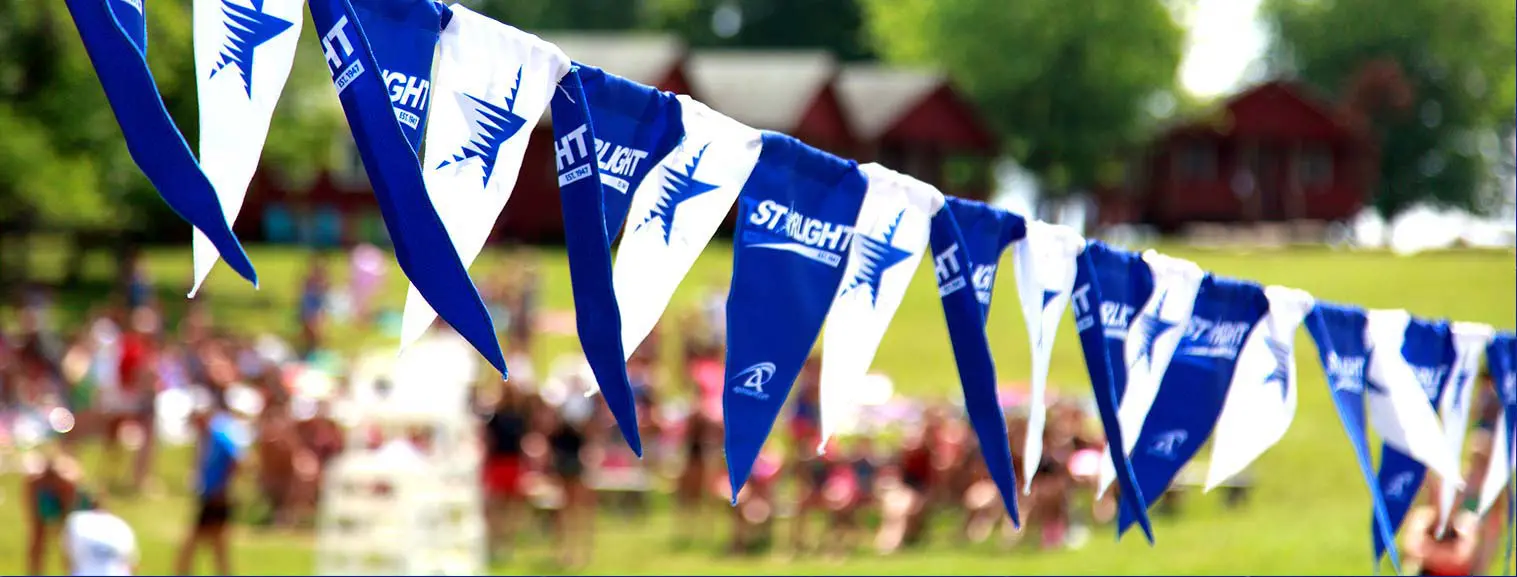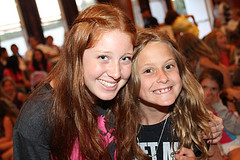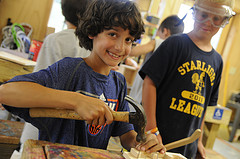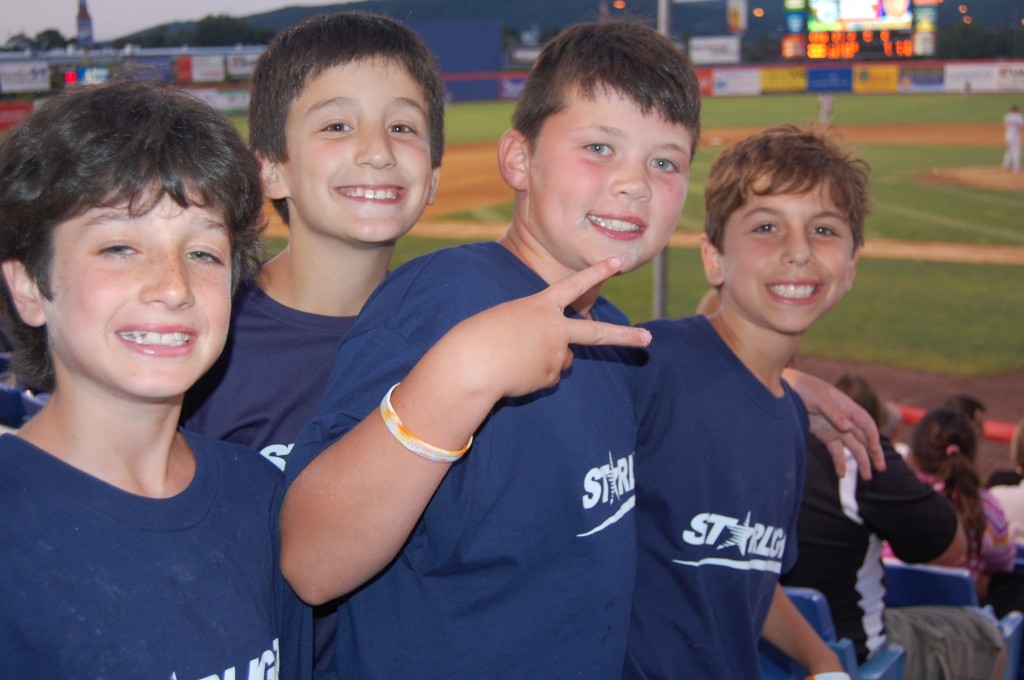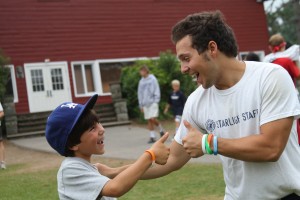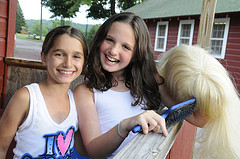 When the time comes to make the decision about sending a child to summer camp, many parents worry because it will often be the first time their children will be “on their own”. How will they decide what to wear, what to eat, and in which activity periods to participate? Easily overlooked is the staff of young, yet well-trained staff just waiting to help campers with such decisions. However, essentially to parents, it’s the first time their children will be making a lot of their own decisions, and it’s nerve-wracking to think how they will do not being under their parents’ watchful eyes. But wait! Isn’t this what parents have been preparing their children to do from day one? The new found freedom and independence children gain at Camp Starlight gives them the chance to exercise the tools their parents have instilled in them and, further, develop self-confidence and learn reliance.
When the time comes to make the decision about sending a child to summer camp, many parents worry because it will often be the first time their children will be “on their own”. How will they decide what to wear, what to eat, and in which activity periods to participate? Easily overlooked is the staff of young, yet well-trained staff just waiting to help campers with such decisions. However, essentially to parents, it’s the first time their children will be making a lot of their own decisions, and it’s nerve-wracking to think how they will do not being under their parents’ watchful eyes. But wait! Isn’t this what parents have been preparing their children to do from day one? The new found freedom and independence children gain at Camp Starlight gives them the chance to exercise the tools their parents have instilled in them and, further, develop self-confidence and learn reliance.
By learning to do more things on their own, self esteem booms and children feel more comfortable trying to new things as well as further engaging in familiar activities. This type of development is a different sort of development children acquire in the classroom. However, it can lead to higher performance levels when they return to the schoolyard after a summer at sleepaway camp. By learning that putting themselves out there and making decisions for themselves while in a summer camp setting leads to success, children often become more assertive in the classroom as well. Even more exciting is that parents may find their children taking more ownership of their personal areas and roles in the home life. They just might clear their own dinner plates once in awhile without being asked!
When a child returns from summer camp, a parent certainly should not expect their “organized chaos” children to run back into 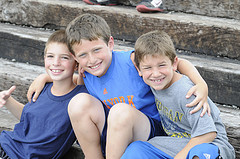 their arms as “hospital bed corners” children. But they can look forward to a child who has a boosted self-esteem and a greater sense of independence. This change exhibits itself in different forms, whether it’s the highly sought after unsolicited plate clearing, the desire to sign-up for new clubs or teams, or even just less anxiety when heading off to a class full of new, undiscovered friends. No matter the manifestation, the results of allowing your children to take the step toward individuality and self reliance that they will find at summer camp are surely going to supercede the few times during the summer that you let yourself wonder, “Does he know to floss before he brushes?!”
their arms as “hospital bed corners” children. But they can look forward to a child who has a boosted self-esteem and a greater sense of independence. This change exhibits itself in different forms, whether it’s the highly sought after unsolicited plate clearing, the desire to sign-up for new clubs or teams, or even just less anxiety when heading off to a class full of new, undiscovered friends. No matter the manifestation, the results of allowing your children to take the step toward individuality and self reliance that they will find at summer camp are surely going to supercede the few times during the summer that you let yourself wonder, “Does he know to floss before he brushes?!”
Lindsay



